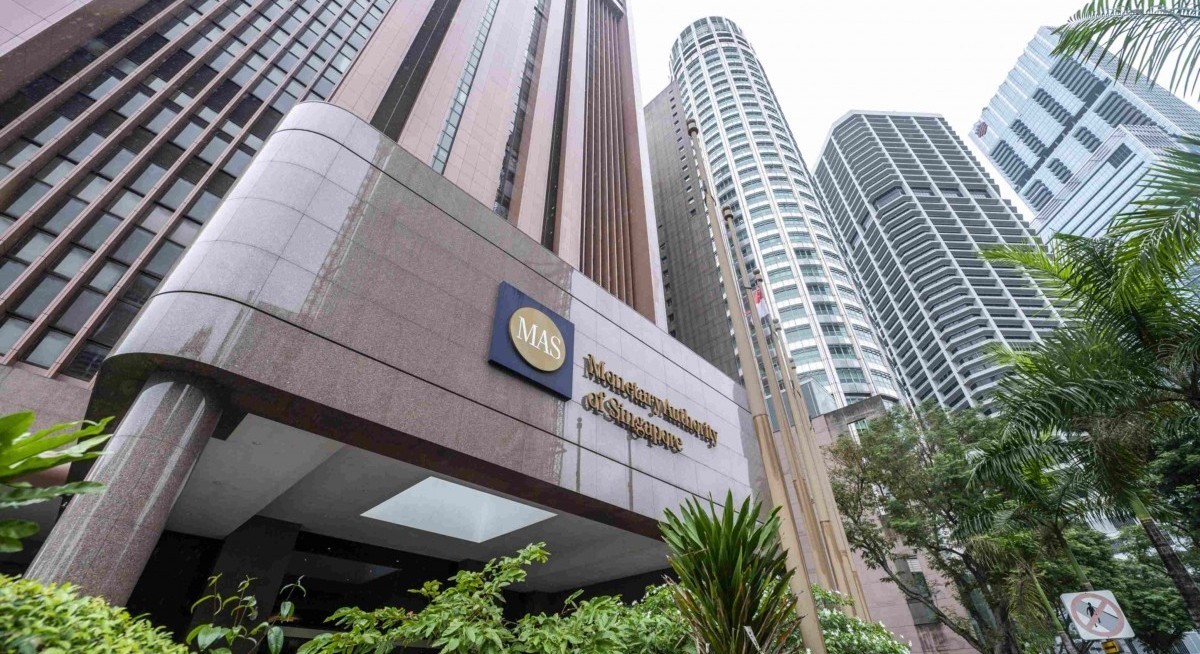“This will help to deepen FIs’ understanding of how AI can be applied and reduce the time taken by individual FIs when they implement AI solutions,” says Chee Hong Tat, Minister for National Development, who is also Deputy Chairman of the MAS.
“So, all of us don’t have to start from scratch; we can learn from one another to shorten the learning curve,” adds Chee, speaking at the Institute of Banking and Finance (IBF)'s annual Distinction Evening on Oct 9.
Within PathFin.ai, there will also be resources to help teach learning agility, adaptability and soft skills such as strategic thinking and not just technical know-how.
MAS will also give better clarity on its expectations on AI risk management, so that FIs will have the confidence to experiment and innovate with AI.
See also: Hong Kong family offices numbers jump 25% since 2023 in wealth hub boost
“We hear feedback from FIs that clearer supervisory expectations would help to support your AI innovation, because as you look to embed AI use across more business functions, you want to be clear, you don’t want to run afoul of the rules and regulations,” says Chee.
“This is a partnership that MAS would like to embark on together,” he adds.
To this end, MAS will conduct a consultation on a set of supervisory guidelines on AI risk management later this year.
See also: DBS maintains $11 bil earnings for 2025 but expects 2026’s net profit to be lower
In a related development, MAS is also working with the industry to develop an AI risk management handbook that is also targeted to be published later this year, which will guide FIs’ implementation of the upcoming supervisory guidelines, by providing practitioners’ perspectives on sound practices for deploying AI responsibly.
As part of the wider move to better prepare the industry's workforce for an AI-enabled future, MAS and IBF, together with Workforce Singapore and industry partners, had worked with McKinsey on a Jobs Transformation Map, or JTM, to study how GenAI could potentially reshape jobs and skills in Singapore’s financial sector.
As described by the map, many tasks – especially those involving information collection, matching, and summarisation – can be automated, allowing workers to focus on higher-value activities such as providing better customer service, developing new products, or managing risks.
IBF is partnering with various FIs to equip their workforce with AI-related skills.
For a start, the three local banks have committed to uplifting the AI literacy of all their 35,000 employees in Singapore in the next 1 to 2 years, tapping on IBF-accredited programmes. To date, more than half have been trained.
IBF is also working with external training partners to develop and contextualise AI courses with financial sector use cases. It has also accredited training programmes tailored to specific roles like compliance.
This year, the IBF Inspire Award was given to DBS, HSBC, Manulife, OCBC and UOB for achievements and holistic commitments in skills and workforce development, young talent pipeline building and leadership development across their organisations.
To stay ahead of Singapore and the region’s corporate and economic trends, click here for Latest Section
In addition, the IBF Advance Award in Skills Development (Sustainable Finance) was given to Standard Chartered for its commitment to develop the skills of its workforce through comprehensive and structured sustainable finance training pathways.
The IBF Advance Award in Workforce Development (Young Talent) was conferred to JP Morgan Chase for the bank's commitment in grooming young talent as part of their workforce development efforts.
IBF and Workforce Singapore (WSG) also jointly presented the Workforce Transformation Award to DBS, which recognises companies for commitment and innovation in the career development of their workforce and cultivating a culture of continuous learning and internal mobility.
This year, seven individuals have been named to join the ranks of IBF Distinguished Fellows. They are Luke Lim Chairman, Securities Association of Singapore, whose day job is Managing Director, Phillip Securities; Tan Boon Gin, CEO, of SGX Regco; Sam Cheong, UOB Managing Director; Ben Fok Wai Kwong, President, Financial Planning Association of Singapore (FPAS), whose day job is CEO, Bill Morrisons Capital; Ronak Shah President, General Insurance Association of Singapore (GIA), who is also CEO, Wholesale Markets Asia, QBE Asia and two senior executives from DBS Bank: Lee Yan Hong, Managing Director and Head, Group Human Resources and Karen Ngui, Head, DBS Foundation and DBS Group Strategic Marketing and Communications.
Another 34 individuals were named IBF Fellows.




